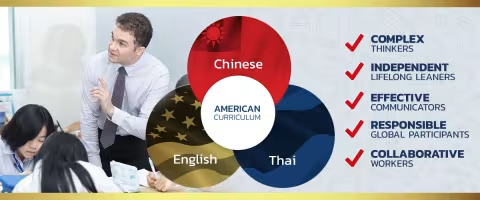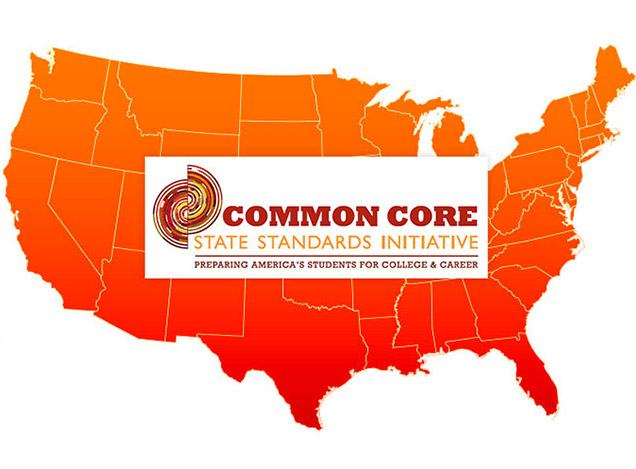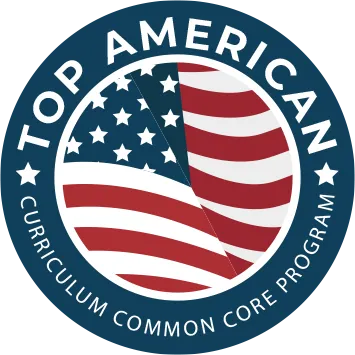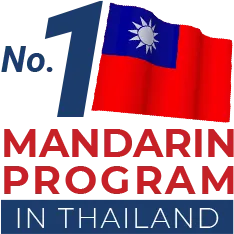
American Curriculum
The curriculum at TCIS is student centered, dynamic and informed by educational best practices. At TCIS, American curriculum means that we challenge our students to collaborate, communicate, be creative, and to think critically. The American Common Core standards provide the framework for teachers to develop and implement learning experiences that allow students to master the 21st century skills necessary for future success.
Combining the American Common Core curriculum with TCIS’ language requirements, our students excel at applying content knowledge and collaborating across cultures and languages.
Imagine being able to speak three languages or even four or five. Our students graduate able to communicate in English, Chinese and Thai while some students even add Japanese or Korean to their TCIS language studies.
Student excellence in the classroom comes from the flexibility in our approach to learning TCIS’ curriculum accommodates all learners at all levels. We have small classes that enable teachers, all fluent speakers of English, to differentiate lessons according to our students’ abilities.
Our American curriculum is designed based on best practices for students to progress and is centered on current literacy and skill levels. By using a scaffolding approach our students are able to develop along logical and sequential paths. Therefore, our approach allows for us to individual coursework to meet the needs of each student.
Our educational program culminates in high school with a rigorous Advanced Placement (AP) program that enables students to receive college credit by examination. Currently there are 11 AP classes for our high school students. These challenging courses highlight the school’s dedication to learning.
TCIS Curriculum Based on U.S. Common Core Standards

TCIS offers a PK-12 American curriculum that draws from the United States’ Common Core State Standards (CCSS). The CCSS is a set of high-quality academic standards in mathematics and English language arts/literacy. These learning goals outline what a student should know and be able to do at the end of each grade.
The CCSS is informed by the highest, most effective standards from states across the United States and countries around the world. The standards defne the knowledge and skills students should gain throughout their K-12 education in order to graduate high school prepared for future success. The standards are:
- Research- and evidence-based
- Clear, understandable, and consistent
- Aligned with college and career expectations
- Based on rigorous content and application of knowledge through higher-order thinking skills
- Built upon the strengths and lessons of current state standards
- Informed by other top performing countries in order to prepare all students for success in our global economy and society
American v. British Curriculum and CCSS v. International Baccalaureate (IB)

The American curriculum uses academic based standards in science, math, English and social studies to prepare students for future success in college and in the workforce. Forty two of the 50 U.S. states use the CCSS which prepare students to think critically and analytically in Math and English Language Arts. TCIS uses the CCSS
Similar to the American curriculum, the British curriculum follow a National Curriculum which outlines the subjects students should learn in primary and secondary schools and students are measured by the standards within the National Curriculum just as American curriculum schools use the CCSS to measure student progress.
The IB and the CCSS are both focused on setting high standards that seek to challenge and engage students, promote deeper learning and develop critical thinking skills. IB’s standards, structured into interdisciplinary and multigrade lines of inquiry, were one of the models on which the CCSS was based. CCSS and the IB share a mutual emphasis on career and college readiness. IB standards and practices are not learning outcomes; they provide a set of criteria that set out specific approaches to teaching and learning. They focus on how learning occurs. The CCSS are learning outcomes that specify skills and knowledge that must be acquired by grade level. The CCSS focus on what outcomes should be reached.
Advanced Placement Classes
TCIS offers Advanced Placement (AP) classes. AP gives students the chance to tackle college-level work while still in high school and earn college credit and placement. The AP and IB programs are both high school programs that offer college-level courses and the opportunity to earn college credit. However, the IB program is much less common than AP. While more than two million students took AP exams in 2014, only about 135,000 took IB exams. In order to take the IB exams you have to be enrolled in an IB class, where students who are not enrolled in AP classes have the flexibility to study on their own for an exam without being enrolled in an AP class.
AP is recognized as the standard for high-level college prep classes. Watch this video about the "AP Program: The Impact of AP Credit and Placement on the College Experience"


